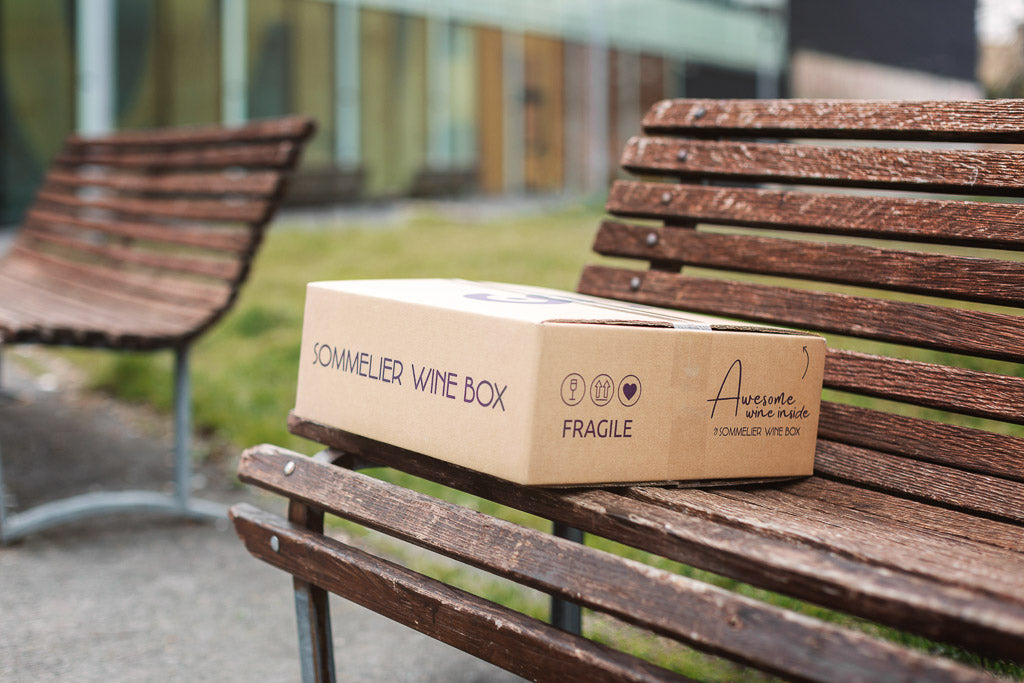Step #6
Stage #6 of Sommelier Wine Box (September 2018) was led by sommelier Francesco Cannizzaro , who took us on a journey through natural wines from south to north.
When can we talk about natural wine?
The definition identifies those wines free of chemical additives and produced with working methods that involve the least possible number of interventions, both in the vineyard and in the cellar. The movement of natural wines is constantly increasing, a sign of consumer sensitivity, who in addition to organoleptic characteristics also looks for qualitative and healthy elements in wine.
Taking the path of "naturalness" is a risk for the winemaker since a reduced number of phytosanitary treatments in the vineyard - using only natural substances - increases the possibility of attacks by harmful insects or mould. The natural vineyard always has a low yield and in climatically unfavorable seasons the winemakers are forced to bend over backwards to bring the grapes to maturity.
Natural wine, however, has great charm: it is a faithful expression of the vintage . For some it may be a problem but for many enthusiasts it is an advantage because the climatic variability makes the wine unique, even with its defects (be wary of wine that is the same every year!). Personally, I believe that natural wine should be rewarded: for the attention to sustainability, for the efforts that winemakers make every year and - why not? - for those out of the ordinary sensations that it manages to give.
With this stage we have presented different ways of conceiving winemaking, all united by a direct language: the one that brings the most genuine expression of how grapes are transformed into wine into our glasses.
The 3 wonderful wineries proposed in the July Wine Boxes are: Tenute Pacelli , Agricola Cirelli , Castello di Stefanago .



